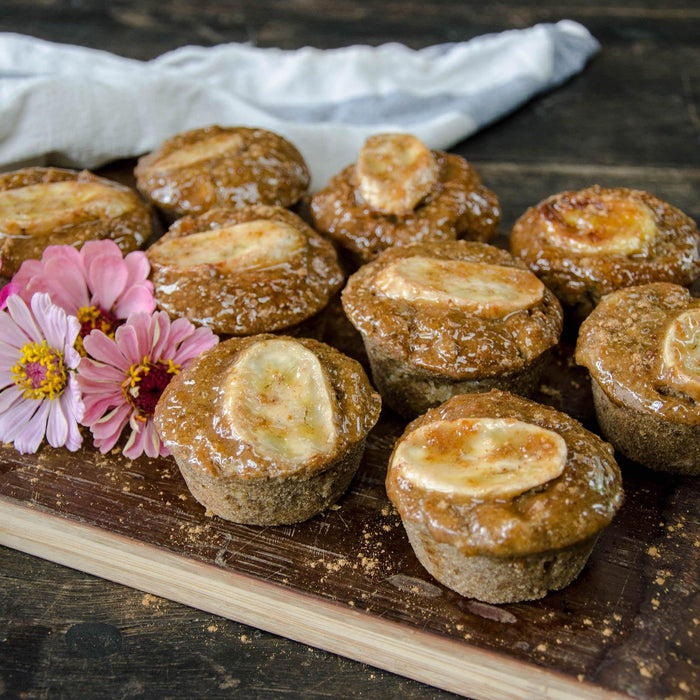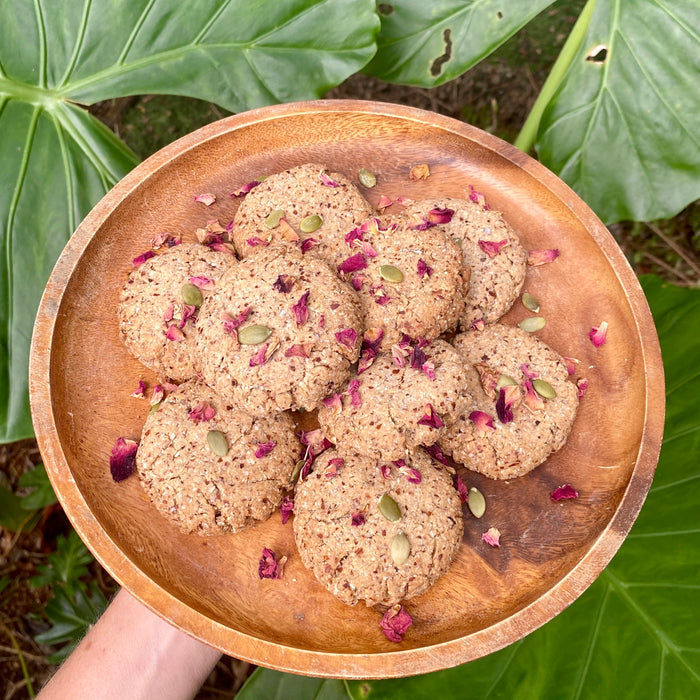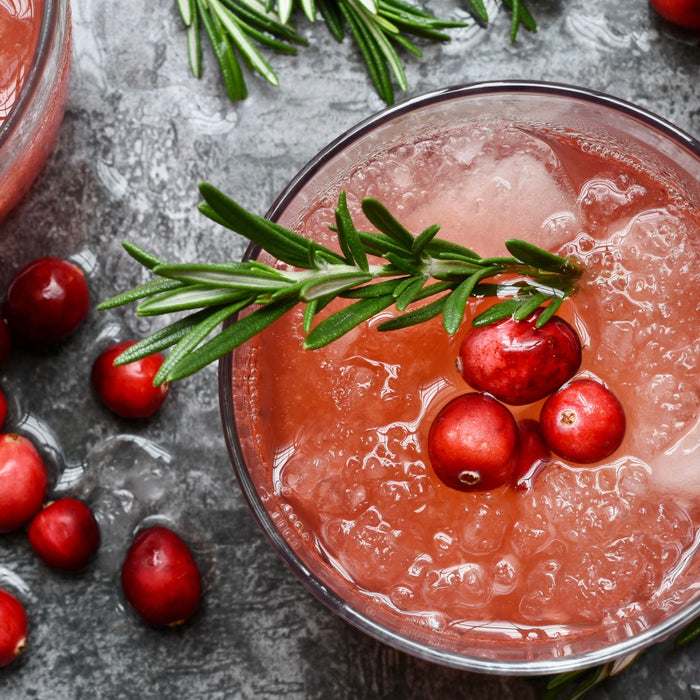Before you read this take a look around you. What percentage of man-made objects do you see that do not contain plastic? As we can all see, plastic is an amazingly versatile and useful material. It is a necessity of modern production that has revolutionised our lives. Think of medical applications as an example, from prosthetic limbs to heart valves, plastic is there for us when we need it. It provides water through pipes to our home and is an immeasurably useful material for our modern existence. But what happens when it starts being used ubiquitously and often unnecessarily? We can recognise the extreme environmental challenge we are currently faced with on this planet.
So, to what measure does plastic play a part in our current environmental crisis?
Well, for every plastic bottle made it takes a quarter of that bottle's volume in oil to produce. So as oil stocks dive and Australia's plastics recycling rate floats at around 15%(PACIA, 2012), are we doing enough to make our futures sustainable? Is a material produced from oil really the answer for our future? Our dependence on fossil fuels cannot last forever, and new methods for simple actions such as drinking water when not at home, must be looked at by all of us.
To understand the present however, it's important to know a bit of history about plastic.
Plastic has been part of our lives since the late 1800's. It was first made from plant-based materials (cellulose) and coined as a saviour to the natural environment. It was promoted as the "material of a thousand uses" as it could be moulded into anything and therefore became a substitute for natural materials such as wood, coloured glass and metal. Although a breakthrough, plastics' developmental timing couldn't have been worse – dependent on coal for production, the Great Depression, followed by the First World War stifled its advancement. More than 100 years later plastics have become less of a luxury and more depended upon. When you actually stop and have good look around, they are everywhere. From the plastic lining of packaged foods, the construction of electrical goods, to the materials in the clothes we wear, it is clear we have become unaware of the impact of this ‘forever lasting’ material? There are studies from the scientific community, environmentalists, health activists, kids, and families, explaining the negative effects of plastic and the unsustainable nature of this material. In 2016 we now have plastic food and drink packaging leaching chemicals into our bodies that are directly linked to such diseases as obesity and cancer. It used to be a little known fact but now even the most mainstream newspaper in Australia is reporting on it. There is the issue of 5 trillion partially degraded pieces of plastic in our oceans carrying pollutants up the food chain and onto our plates. We could also add the colossal growth of landfills with more holes being dug and filled with consumer waste potentially affecting groundwater and soil. So, if you're looking at your bottled water, computer or meal differently right now that's a good thing. We all need to start looking at plastic a little differently. Thankfully new advances in the areas of 'Bio' plastics are making strong headway into the production of sustainable plastics, and more and more organisations are opting for these more sustainable options. We are using everything from corn to prawns to develop a mass produced 100% naturally biodegradable plastic, and fingers crossed it will be readily available in the next decade or so. Is that too long to wait? The answer is no, but only if we all refuse it where ever possible. Santos Organics opted for cellophane packaging for all our bulk foods and package in glass wherever possible. Yes it costs us more, but the more we learn about plastics the more we realise it was a very good decision.
So how can you be part of the change? We all need to put extensive pressure on the plastics industry. The easiest way to effect an industry is through economics. People's purchasing power drives markets that sustain industry. Put simply, if you want a better world, buy it. This article is a summary of an article by
Waste Free Futures. More great articles at their
facebook page.






